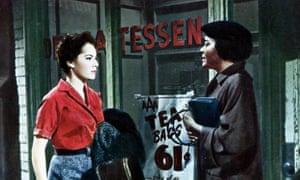Racial Passing and Its Transatlantic ContextsPosted in Literary/Artistic Criticism, Live Events, Media Archive, Passing, United States, Women on 2018-11-12 23:30Z by Steven |
Racial Passing and Its Transatlantic Contexts
5 University Gardens
Room 101
University of Glasgow
Glasgow, United Kingdom
Tuesday, 2018-11-20, 17:15Z
Janine Bradbury, Senior Lecturer in Literature
York St John University York, United Kingdom
The Transatlantic Literary Women are excited to be welcoming Dr. Janine Bradbury to Glasgow to give a paper titled: “Racial Passing and Its Transatlantic Contexts”. The talk takes place in room 101, 5 University Gardens at 5.15pm on Tuesday 20th November with drinks and refreshments available from 5. This is a social, friendly gathering. As always, everyone is welcome. Hope to see you there!
During the late nineteenth and early twentieth centuries, an entire literary genre emerged in the United States that revolved around light skinned, mixed race African Americans who ‘fraudulently’ pretended to be or passed for white in order to ‘evade’ racism, prejudice, and segregation. Films like Imitation of Life brought the topic to a national audience and writers as diverse as William Faulkner, Mark Twain, and Langston Hughes featured passing in their works.
Given that the United States has a distinct history of race relations, how do stories about passing ‘work’ beyond these regional and national contexts? And do American stories about passing inspire and hold relevance for writers across the black Atlantic? How is gender and nationhood represented in these works? And what role do women writers play in the history of the passing genre?
This talk explores the phenomenon of ‘passing-for-white’ as represented in the work of transatlantic literary women ranging from Harlem Renaissance writer Nella Larsen to contemporary British writer Helen Oyeyemi and asks why passing continues to inspire women writers across the West.
For more information, click here.

